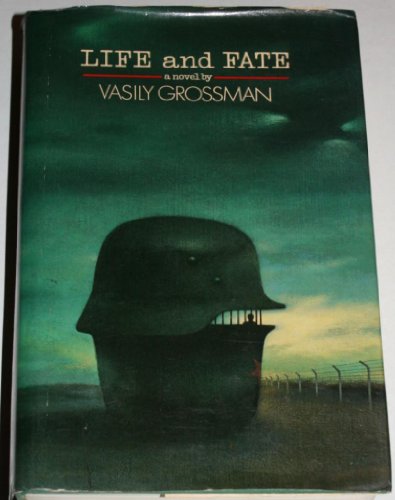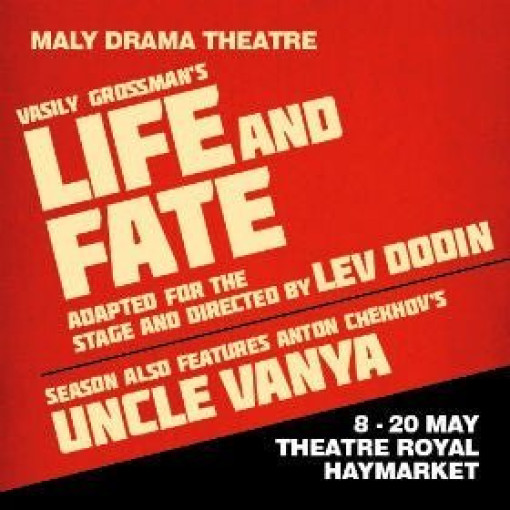

Less than a year earlier, on June 22, 1941, the Nazis had invaded the Soviet Union, launching the bloodiest conflict in the history of mankind. Her second novel, When I Lived in Modern Times, set in Tel Aviv in the last years of the British Mandate won the Orange Prize for Fiction in 2000.The novel begins with a meeting between fascist dictators Adolf Hitler and Benito Mussolini on April 29, 1942, in which they discuss the progress of the war. She is the author of Sexing the Millennium: A Political History of the Sexual Revolution, The Cast Iron Shore, Remind Me Who I am Again, Still Here, The People On The Street: A Writer's View of Israel, The Clothes On Their Backs,The Thoughtful Dresser and We Had It So Good. Linda Grant was born in Liverpool on 15 February 1951, the child of Russian and Polish Jewish immigrants. Grossman died of stomach cancer in 1964, not knowing whether his novels would ever be read by the public. His article The Hell of Treblinka 1944) was disseminated at the Nuremberg War Crimes Tribunal as evidence for the prosecution. Grossman's descriptions of ethnic cleansing in Ukraine and Poland, and the liberation of the Treblinka and Majdanek extermination camps, were some of the first eyewitness accounts -as early as 1943-of what later became known as the Holocaust. The novel Stalingrad (1950), later renamed For a Just Cause (За правое дело), is based on his own experiences during the siege. In addition to war journalism, his novels (such as The People are Immortal (Народ бессмертен)) were being published in newspapers and he came to be regarded as a legendary war hero.



As the war raged on, he covered its major events, including the Battle of Moscow, the Battle of Stalingrad, the Battle of Kursk, and the Battle of Berlin. He became a war reporter for the popular Red Army newspaper Krasnaya Zvezda (Red Star). Grossman was exempt from military service, but volunteered for the front, where he spent more than 1,000 days. When the Great Patriotic War broke out in 1941, Grossman's mother was trapped in Berdichev by the invading German army, and eventually murdered together with 20,000 to 30,000 other Jews who did not evacuate Berdychiv. Young Vasily Grossman idealistically supported the Russian Revolution of 1917. His father had social-democratic convictions and joined the Mensheviks. A Russian nanny turned his name Yossya into Russian Vasya (a diminutive of Vasily), which was accepted by the whole family. Born Iosif Solomonovich Grossman into an emancipated Jewish family, he did not receive a traditional Jewish education.


 0 kommentar(er)
0 kommentar(er)
